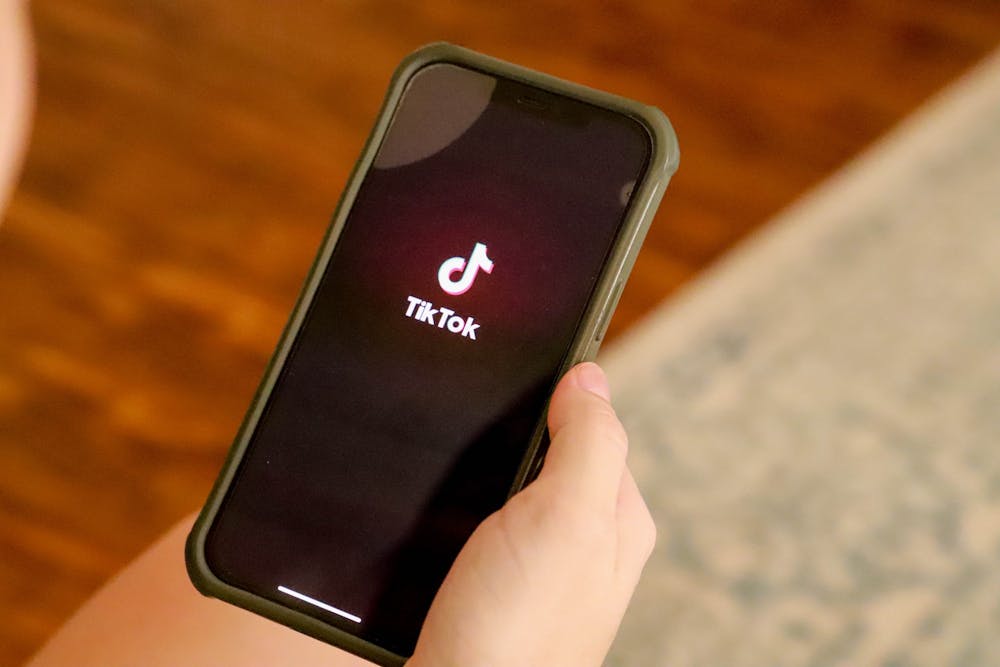Gov. Roy Cooper signed an executive order on Jan. 12 directing the state's Chief Information Officer, James Weaver, and the North Carolina Department of Information Technology to develop a policy within 14 days that prohibits the use of TikTok and other potentially "high-risk applications" on state-owned devices.
According to a press release from the governor’s office, the new rule will protect state information technology systems from cybersecurity risks.
“Cybersecurity professionals have identified TikTok and WeChat as high-risk applications due to their lack of sufficient privacy controls and connections to countries that sponsor or support cyber-attacks against the United States,” the release said.
TikTok is a popular social media platform that allows users to create and share short videos. The app has come under scrutiny for its potential cybersecurity risks, with some U.S. officials claiming the Chinese-owned company could be connected with the Chinese government — especially in regard to data collection.
Other government entities in the United States have also banned TikTok and WeChat on federal and state government information technology. Some universities have also banned the app.
The North Carolina Department of Information Technology Communications Officer Kelly Gardner said in an email that although the executive order does not apply to college students, young people should be aware of digital privacy issues.
“Many people think privacy is no longer important, or they believe it is a trade-off for convenience or some other benefit that a popular service or app might provide," Gardner said. "But that is not the case. Privacy is still very important."
TikTok itself denies that the app poses a cybersecurity risk. TikTok spokesperson Jamal Brown said in an email that many Americans enjoy making videos and accessing information on the platform. He said laws banning it are political in nature and do not address cybersecurity concerns.
“TikTok is loved by millions of Americans, and it is unfortunate that the many state agencies, offices, universities, student groups, and sports teams in those states will no longer be able to use TikTok to build communities and share information,” Brown said in an email.




